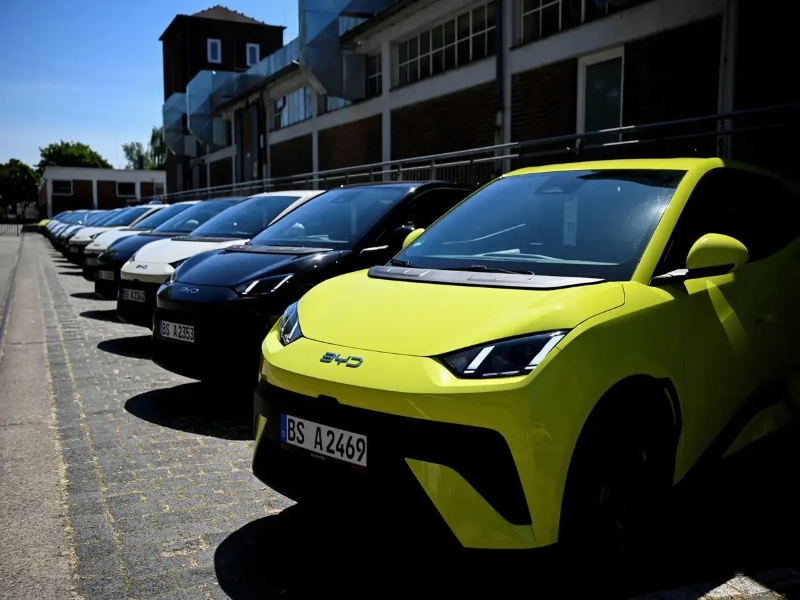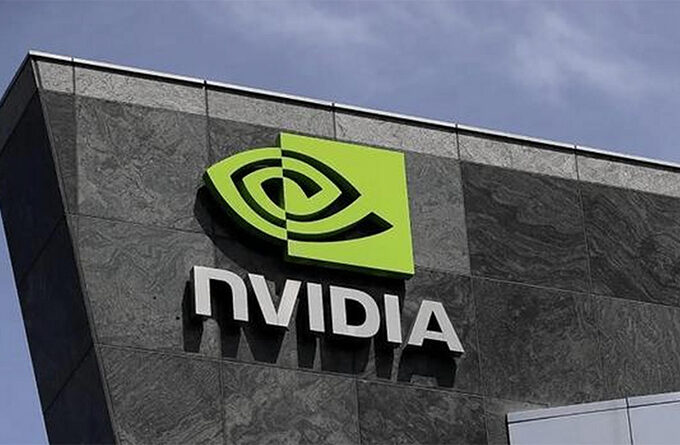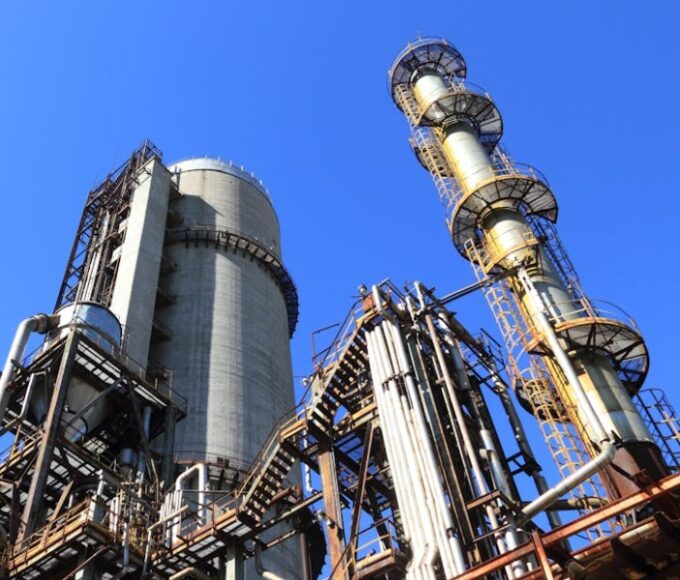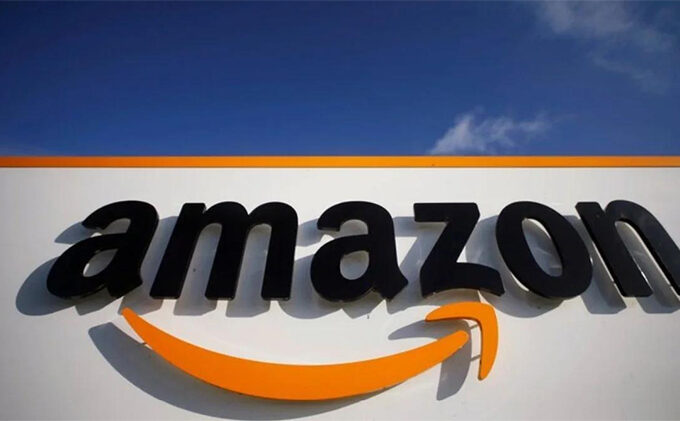The Hindustan Times questioned on June 4 the country’s newly introduced “flagship electric vehicle policy.” Two days earlier, India’s Minister of Heavy Industries, Kumaraswamy, stated that although the Indian government has launched several EV policies in recent years to attract global automakers, “they (international car companies) are not interested in manufacturing vehicles in India.” Among them, U.S. automaker Tesla currently only plans to open two stores in the country. This statement revealed the practical challenges facing India’s ambitious EV development strategy.
New policy adds strict conditions
Although consistent with the policy proposed in March 2024, the new “flagship electric vehicle policy” includes more detailed requirements. According to the policy announced by India in March 2024, if a manufacturer invests at least 41.5 billion rupees (approximately USD 480 million) to build a factory in India within three years, all imported electric vehicles priced at USD 35,000 or above will be subject to a reduced tariff of 15%. A maximum of 8,000 EVs can be imported annually under this preferential tax rate. According to sources familiar with the matter who declined to be named, applications may open as early as this month and be available until March 15 next year.
The Times of India article noted that there are two “non-negotiable” conditions for automakers to benefit from this scheme: companies must set up manufacturing plants in India and begin production within three years of approval; and they must achieve 25% localization of vehicles within three years, and 50% localization of electric vehicles within five years.
In addition to investment commitments, the policy also imposes strict conditions such as revenue targets and penalties for failing to meet them. According to the policy, approved automakers must achieve a minimum revenue of ₹50 billion in the fourth year and ₹75 billion in the fifth year. Companies that fall short will face penalties of up to 3%, calculated based on the revenue shortfall.
Kumaraswamy emphasized that the plan aims to position India as a global hub for electric vehicle manufacturing, further promoting the “Make in India” initiative while encouraging both global and domestic companies to become partners in India’s green mobility revolution. “This policy has been a full year in the making,” Reuters reported on June 2. The report added that the Indian government initially hoped to attract companies like Tesla to set up factories in the country, but Tesla CEO Elon Musk shelved his investment plans in India last year.
“Global EV manufacturers such as Mercedes-Benz, Volkswagen, Hyundai, and Kia have expressed interest in applying,” Kumaraswamy said. However, The Hindustan Times noted that given the strict conditions, these EV makers are unlikely to rush into investing.
Tesla’s Hesitation Toward India
“Who will benefit from this policy?” The Hindustan Times pointed out in its report that Tesla is not at the top of the list. Kumaraswamy clarified that the American EV giant is unlikely to set up a factory in India anytime soon. One reason is that Tesla’s demand mainly comes from wealthy consumers. However, its brand value has significantly declined in the U.S. and European markets. Moreover, without a dedicated Supercharger network, Tesla cannot truly expand in India—and the company has shown no interest in building such a charging infrastructure in the country.
In fact, India has long held high hopes for Tesla establishing local manufacturing, but cooperation between the two sides has been rocky. According to The Indian Express, in March 2024, Elon Musk had planned to visit India and pledged over $2 billion in investment for an Indian car plant. However, shortly after, Musk stated that “Tesla is carrying heavy debt,” and the visit was postponed. Just days after canceling the India trip, Musk visited China, Tesla’s second-largest market—prompting Indian media to speculate, “Is Musk giving India the cold shoulder? The Tesla CEO may never invest in India.”
In February this year, just days after Indian Prime Minister Modi met with Musk in Washington, Tesla announced 13 job openings in India, including roles such as store manager, service advisor, business operations analyst, and customer engagement manager. Shortly after, U.S. President Donald Trump criticized Tesla’s India expansion plans, calling them unfair to the U.S.: “It’s fine if [Musk] builds a factory in India, but it’s not fair for us—very unfair,” he said. At the same time, with global EV sales growth slowing, Tesla is re-evaluating its operational goals in India while also facing intensifying competition from Chinese EV manufacturers.
Tesla also faces other challenges in the Indian market. According to the BBC, Tesla vehicles have very low ground clearance, making them ill-suited to Indian road conditions. Existing models may require redesigns, which would increase production costs. Autocar India editor Hormazd Sorabjee commented: “Even other premium international OEMs face difficulties when producing in small volumes. You simply can’t justify such a major product change.”
Domestic Resistance in India
The Indian government has laid out an ambitious national vision aimed at electrifying transportation. According to reports, India plans to make 30% of private cars, 70% of commercial vehicles, 40% of buses, and 80% of two- and three-wheelers electric by 2030. Most state governments have also introduced their own EV policies to encourage both demand and supply.
However, a research report from HSBC warns that the new EV manufacturing policy could disadvantage domestic automakers, as the required investment from foreign players is “not significant” compared to what Indian companies have already committed. The policy has long faced fierce resistance from major Indian automotive giants, including Tata Motors and Mahindra & Mahindra.
Tata Motors argues that in the early stage of industry development, Indian EV makers need stronger government support, and that lowering tariffs to attract foreign investment would “undermine the entire [domestic] industry” and harm the investment climate.
According to Indian think tank Global Trade Research Initiative, the first electric vehicles produced under this new manufacturing plan could take years to reach the market. “Although the government’s announcement to open applications is a positive step, the application process has yet to begin and is expected to open soon. In reality, it may take six months or longer before selected companies are announced, and even more time before the first locally manufactured EVs hit the market under this scheme.”













Leave a comment